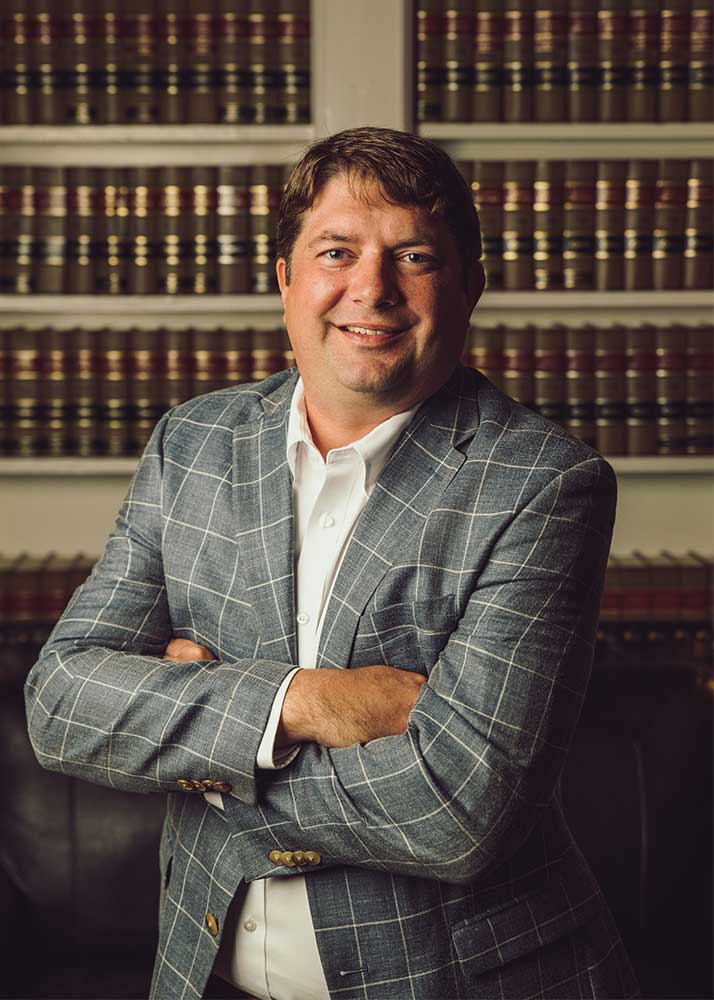What is premises liability and what does it mean for you?
Premises liability is the liability a property owner has relating to that property. Property owners have a basic duty of care to ensure that their property is safe for others coming onto their property, and if this duty of care is breached and someone is injured as a result, they may be liable for damages. Here are some examples of premises liability cases and what it takes to win one as the injured party.
Examples of Premises Liability Cases
A woman slips and falls due to a faulty handrail in a store. A man is attacked by a dog while walking in the neighborhood. A teenager dives into the shallow end of an unsupervised pool. All three are injured as a result.
These are all examples of premises liability cases. Slip and fall cases are probably the most common kind of such cases and have to do with safety conditions on the property. Other common types of premises liability cases have to do with how secure a building or property is.
Winning a Premises Liability Case
Premises liability cases are a type of personal injury case. To win one, the plaintiff must show that the property owner owed them a duty of care, breached that duty through negligence or omission, and that they (the plaintiff) suffered injury as a result.
In South Carolina, property owners owe a duty of care to people they may reasonably expect to be on their property. Someone trespassing on private land who injures themselves is unlikely to be successful winning a premises liability case, as they’ll have a hard time showing the property owner owed them a duty of care in the first place. However, that same person could be successful if they injured themselves in a store open to the public, as the store owner could be expected to owe them a duty of care.
Next the plaintiff needs to show negligence or liability on the part of the property owner. Using the first example from above, the injured woman would need to show that the property owner was neglectful by not fixing or replacing the faulty handrail that led to her injury. It’s not enough that the handrail was faulty; it must be shown that the property owner created the dangerous condition, knew about it or should have known about it, but did nothing to remedy the situation.
Finally, the plaintiff must show that they suffered injury as a result of the accident. Depending on the circumstances, this may be easy or difficult to prove. The defendant may argue that the plaintiff’s injuries were pre-existing.
Call the Personal Injury Attorneys at The Carolina Law Group
Winning a premises liability case in South Carolina is a multi-step process that can be challenging. It’s important to have legal representation as you navigate your case. The personal injury attorneys at The Carolina Law Group can help you build your case and help you get the compensation you’re entitled to. Schedule your free initial consultation by calling one of the numbers below today.
The Carolina Law Group has four offices in upstate South Carolina for your convenience: Greenville (principal office; call 864.312.4444), West Greenville (864.312.4444), Greer (principal office; call 864.757.5555), and Spartanburg (principal office; call 864.757.5555). Call today.




